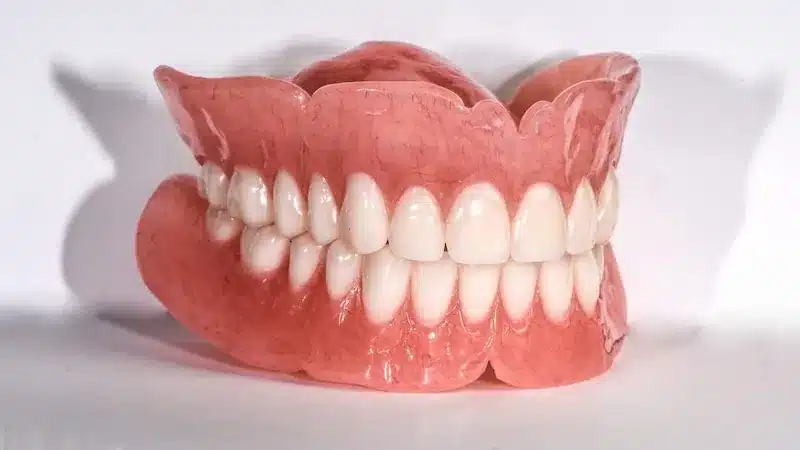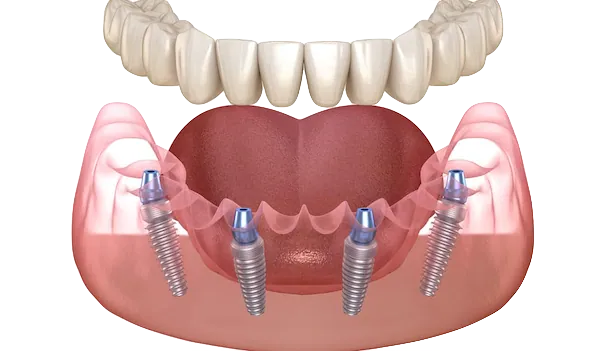When it comes to replacing your teeth, it’s essential to be cautious and not take it lightly. With the internet overflowing with ads and articles on how to deal with missing teeth, it’s safe to say that not all of them provide reliable or optimal information.
When the average person went away to college and lived in a dorm, there were certain things they were unfamiliar with.
Some struggled to make toast, let alone properly make a bed or do their laundry. They likely learned from their mistakes, such as red clothes bleeding onto other clothes and towels mildewing quickly when not promptly dried.
If fortunate, someone gifted them the book “Where’s Mom Now That I Need Her?” It provided practical guidance for young adults away from home who needed assistance. The book contained simple tips and tricks for beginners, covering topics such as first aid, grocery shopping, nutrition, recipes, and laundry, without any complicated instructions.
Owning “Where’s Mom Now That I Need Her?” was akin to having a beginner’s manual for living independently without parental guidance and transitioning into adulthood. In college, it’s a case of the blind leading the blind, so any assistance is invaluable, right?
As adults, we presume we possess knowledge about numerous aspects of life, such as the importance of retirement savings, adequate food, transportation, hydration, and dental hygiene, among others. However, we tend to overestimate our knowledge of our teeth and caring for our mouths, particularly when replacing missing teeth.
Replacing teeth requires serious consideration, and relying solely on information found on the internet is risky. Numerous ads and articles may offer advice, but not all of them provide accurate or trustworthy information.
Let’s cut straight to the chase when it comes to tooth replacement. Here it is…
Your guide for replacing teeth
For most people requiring tooth replacement, dentures are the primary option that comes to mind.
Dentures
Dentures are essentially false teeth mounted on a plastic or acrylic frame that must be removed daily. They’re utilized to replace teeth lost due to gum disease, severe tooth decay, or injury. Partial dentures can substitute for a few teeth, while full dentures can replace an entire set of upper or lower teeth.
After acquiring dentures, expect your mouth to be sore and sensitive. The friction of the dentures on your gums can cause denture sores. Gagging, spitting, and difficulties with clear speech are common issues with dentures. Multiple follow-up appointments are necessary to check the fitting of your dentures.
Ultimately, it’s important to acknowledge that dentures will never provide the same level of bite strength as natural teeth. Chewing with dentures is typically less forceful and secure. Additionally, it’s important to understand that dentures require periodic refitting.
Getting your final set of dentures can take anywhere from 6 weeks to 3 months, but even then, they won’t truly be your final set. Why, you might ask? The answer is bone loss.
Dentures have a reputation for causing bone loss, particularly in areas of the mouth where teeth are missing. The roots of our teeth are necessary for bone cell regeneration, which is stimulated by the pressure generated by chewing harder foods traveling through the roots. This process strengthens the bone and helps prevent bone loss.
However, dentures do not have roots, which can result in bone shrinkage. As long as tooth roots are missing, the bone may continue to shrink. This shrinkage can cause your dentures to no longer fit properly, leading to the need for repeated refitting throughout the life of the dentures. In extreme cases, bone loss can progress to the point where there is no bone left to support dentures.
To maintain good oral hygiene with dentures, you must follow a daily cleaning routine. Every night, remove your dentures and thoroughly brush them with a cleaner. After brushing, soak them in denture cleaner to keep them moist and prevent cracking. Regular cleaning of your dentures will help prevent illness-causing bacteria from growing.
However, your oral hygiene doesn’t stop there. You still need to brush your gums, tongue, and cheeks to ensure there are no particles left in your mouth before you put in your dentures. Dry mouth is a common issue when wearing dentures, which can lead to bad breath. Drinking plenty of water and using mouthwash regularly can help rinse away food particles and keep your breath fresh.
It is important to remove your dentures before sleeping as your mouth requires a minimum break of six hours every day. Taking them out at bedtime is the easiest way to achieve this. Additionally, you must practice speaking with dentures as they are bulkier and may move around, making it difficult to speak. Pronouncing sounds such as “s” and “f” can be particularly challenging.
Wearing dentures can feel like having a foreign object in your mouth, and this may trigger your gag reflex. The dentures cover the entire roof of your mouth, extending towards the back, which can also cause gagging.
Dental Implants
Fortunately, dentures are not the only option for replacing teeth. Although they may seem like the safest choice due to their familiarity in our culture, they may not be the most secure option for you.
At Dental & Implant Centers Of Colorado, we offer a safe and reliable alternative with our permanent teeth replacement solution that can be completed in a very short time. Take our free online evaluation quiz to determine if you are a good candidate for implants in just sixty seconds.
Our team of experts is available to answer any questions you may have about the best solution for your specific situation. We want you to make an informed decision with accurate information.
Our full mouth dental implants use a thin and natural-shaped structure that is fitted on your gums and secured to your jawbone with titanium screws. These screws act like roots and can stimulate bone cell regeneration, preventing bone loss.
Did you get that? Our dental implants mimic your natural tooth roots, which helps to prevent further bone loss. Over the first few months, our implants go through a process called osseointegration, which securely fuses them to your jawbone. This level of security is unmatched by dentures.
With Dental & Implant Centers Of Colorado’s full mouth dental implants, you can expect a permanent solution. And the best part? We can replace your teeth within just twenty-four hours. That’s right, no gimmicks or bait and switch. You can have secure, natural-looking teeth in just one day.






